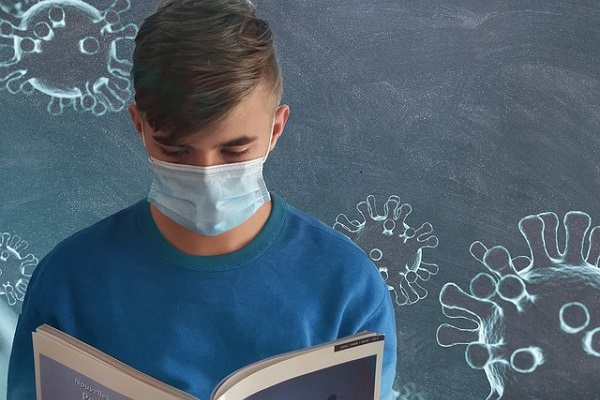Words: Dr Simon Nicholas WILLIAMS
World Health Organisation [WHO] experts have officially declared that COVID-19 no longer constitutes a public health emergency of international concern [Pheic]. This coincides with the WHO’s new strategy to transition from an emergency response to longer-term sustained COVID-19 disease management.
This may not change too much practically. COVID-19 will still have pandemic status, and countries will continue to have their own authority as to whether to treat COVID-19 as an emergency within their territories [some countries, including the US, have already declared an end to the national emergency].
For the global public health community, however, this is an event of monumental importance, drawing to a close the emergency response period which commenced on January 30, 2020.
At the same time, for a large portion of the general public, it may well pass by relatively unnoticed. For many people, it’s been a long time since they viewed COVID-19 as an emergency. In the UK, for example, COVID-19 no longer features in the regular Office for National Statistics public opinion survey that asks people what they think the key issues facing the country are. Even a year ago, only two in five Britons were very, or somewhat, worried about COVID-19, according to the survey.
Along with other behavioural scientists, I have been following public experiences of the pandemic for the past three years. The results have yet to be peer-reviewed, but by summer 2022, many participants in our research described the pandemic as being like “a distant memory,” or like it “never happened.”
As we move into this next phase, it’s time to consider what we’ve learned about human behaviour during the pandemic, and what happens next.
Old Habits Die Hard
In the early days of the pandemic, many behavioural scientists, myself included, wondered whether some of our pandemic habits were here to stay. Would face masks become a regular wardrobe staple? Would people stop ‘soldiering on’ and going into work when unwell?
It turned out that for most people, the pandemic hasn’t permanently changed our behaviour and habits, or created a ‘new normal.’ Looking again, at the UK, face mask use has consistently declined, with figures from last month suggesting that fewer than one in six adults had worn a face mask recently. Regular use is likely much less common.
Social distancing has long since disappeared, except for a relatively small proportion of the public, in particular those most vulnerable to COVID-19.
The COVID-19 pandemic has taught us how adaptive behaviour can be, in particular how much people were willing to change their behaviour to keep themselves and others safe. Most people followed the rules during the height of the pandemic, no matter how difficult. COVID-19 has reminded us how resilient we humans can be.
These pandemic adaptions, and the fact that our pre-pandemic behaviour bounced back so quickly, shows how important social cues and social norms are to behaviour. Putting on a mask, or keeping our distance from others were habits — actions triggered automatically in response to contextual cues, such as seeing signs with pictures of people socially distancing.
Social norms — what we think others are doing — were key to vaccine uptake and to our uptake of preventative measures in general. As these contextual cues disappeared and the social norms started to change, and as vaccine coverage increased and the risk to the majority decreased, our behaviour changed.
The pandemic has also demonstrated how important social connections and social, especially physical, contact can be. This is something we have already argued COVID-19 couldn’t keep at bay forever. According to social safety theory, which sees stress and well-being as a product of biological, psychological and social factors, COVID-19 posed a threat to the “social fabric that makes humans resilient and keeps us alive and well.”
It’s unsurprising that life satisfaction and happiness were lowest during lockdowns, and recovered as people started to mix socially again.
The Emergency Isn’t Over For Everyone
As we mark the end of the emergency phase, it’s important to remember the nearly seven million lives lost due to COVID-19 since 2020.
And, of course, we must consider that for some, especially those who are clinically vulnerable, the emergency is not yet over, and may never be.
Although it’s no longer a Pheic, as the WHO reminds us, COVID-19 is still responsible for millions of infections and thousands of deaths each week around the world. Also, thanks to long COVID-19, hundreds of millions of people are in need of longer-term care.
In the future, we need to move from relying on the resilience of individuals to building resilience in our institutions. We can all take measures to continue to protect ourselves and those around us from COVID-19 and other respiratory viruses [such as by hand washing and keeping up to date with vaccinations]. But, responsibility for preventing public health emergencies shouldn’t rest solely in the hands of the public
Actions that governments, employers and health authorities can take now could protect against future public health emergencies. Systematically tackling misinformation, improving ventilation in schools, workplaces and other public indoor spaces, and making longer-term improvements to paid sick leave are all good ways to start building more resilient societies in preparation for the next pandemic. Hopefully, this is something we will never see in our lifetime.

